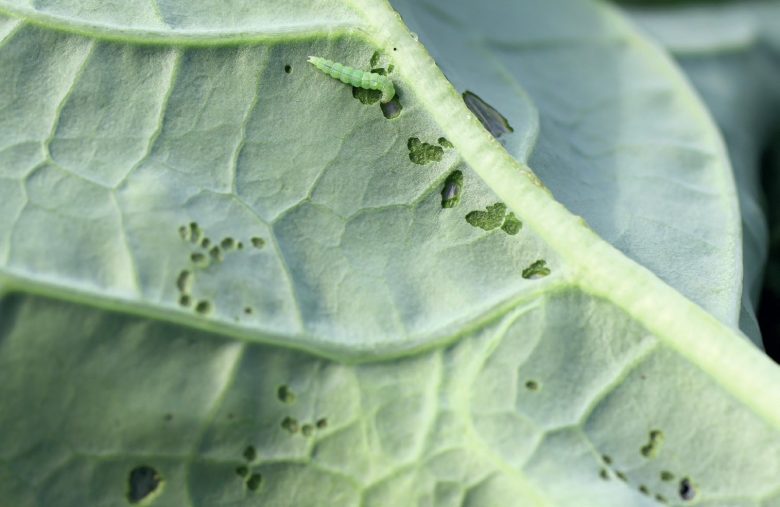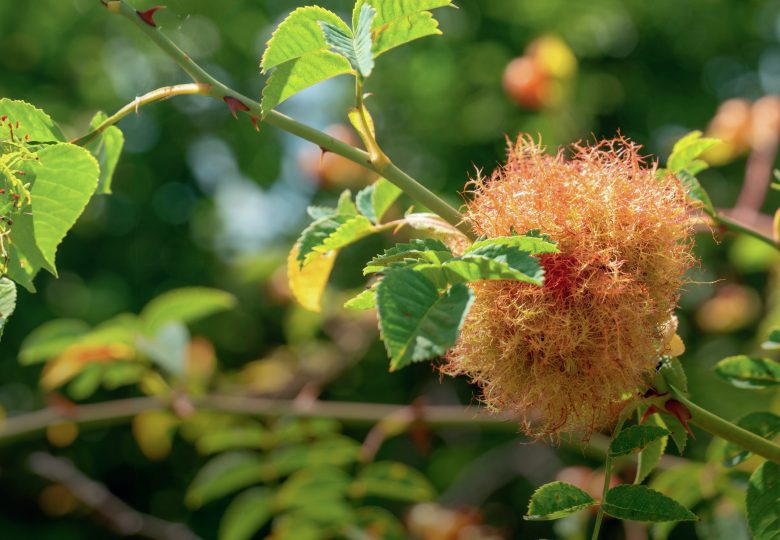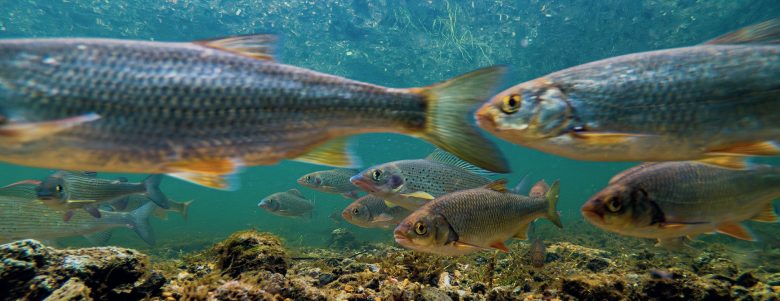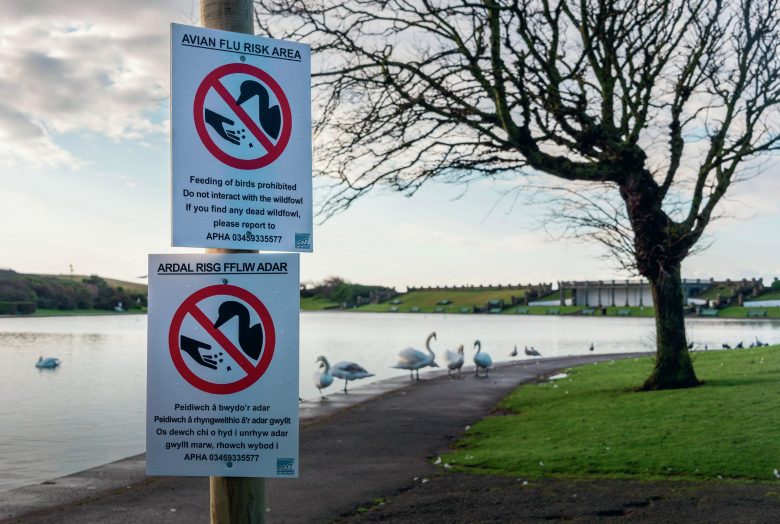The way we currently produce our food is one of the most destructive activities undertaken by humans. Modern agriculture is responsible for 33% of global carbon dioxide production, 50% of all land use, and is a leading cause of species extinction.
Hydroponics, aeroponics and aquaponics are ways of growing plants in water without soil. They could help reduce the impact of agriculture by letting us grow food in places we normally could not, such as in basements or on rooftops in cities. Crucially, by growing food in cities, right next to the people who will eat it, there is minimal transport and packaging. That’s important, because currently up to 40% of the food we grow is wasted during harvesting, packaging and transport from where it is grown to where it is eaten.
Your organisation does not have access to this article.
Sign up today to give your students the edge they need to achieve their best grades with subject expertise
Subscribe




